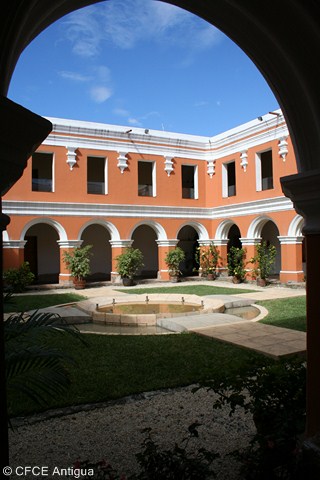Trusted weavers, vectors of social cohesion

New actors and new spaces for the construction of the EU-LAC agenda
Place: Spanish Cooperation Training Centre (La Antigua, Guatemala)
The new scenario of “development in transition” reveals the profound changes that operate in the relations between the cooperation actors, since the traditional donor/beneficiary approach is giving way to a more horizontal association, which emphasises technical cooperation, the exchange of learning and knowledge and alliances with non-institutional actors. According to the above, a more inclusive construction of the agenda and public policies makes sense, opening spaces for multi-stakeholder dialogue.
But how do we incorporate these dialogue spaces in the EU-LAC agenda? What non-institutional actors play a key role in building trust and fighting inequality? Who are the vectors of “social cohesion”, and how are bridges built with institutions to develop inclusive policies capable of closing gaps in development in transition?
Putting these thoughts forward is essential to understand the dynamics and tensions that permeate the construction of public policies aimed at reducing inequality, and that can facilitate – or hinder – the expected impact. When addressing inequality and trust, some actors appear to be especially key: the media, emerging social movements (and their institutionalisation), cultural actors and youth organisations. Understanding their role, and looking for mechanisms to incorporate them into the EU-AL agenda and generate multi-stakeholder alliances, is important to build inclusive, participatory, consensual, and social trust-generating policies.
Visit our virtual forum to participate
Link to workshop image gallery

